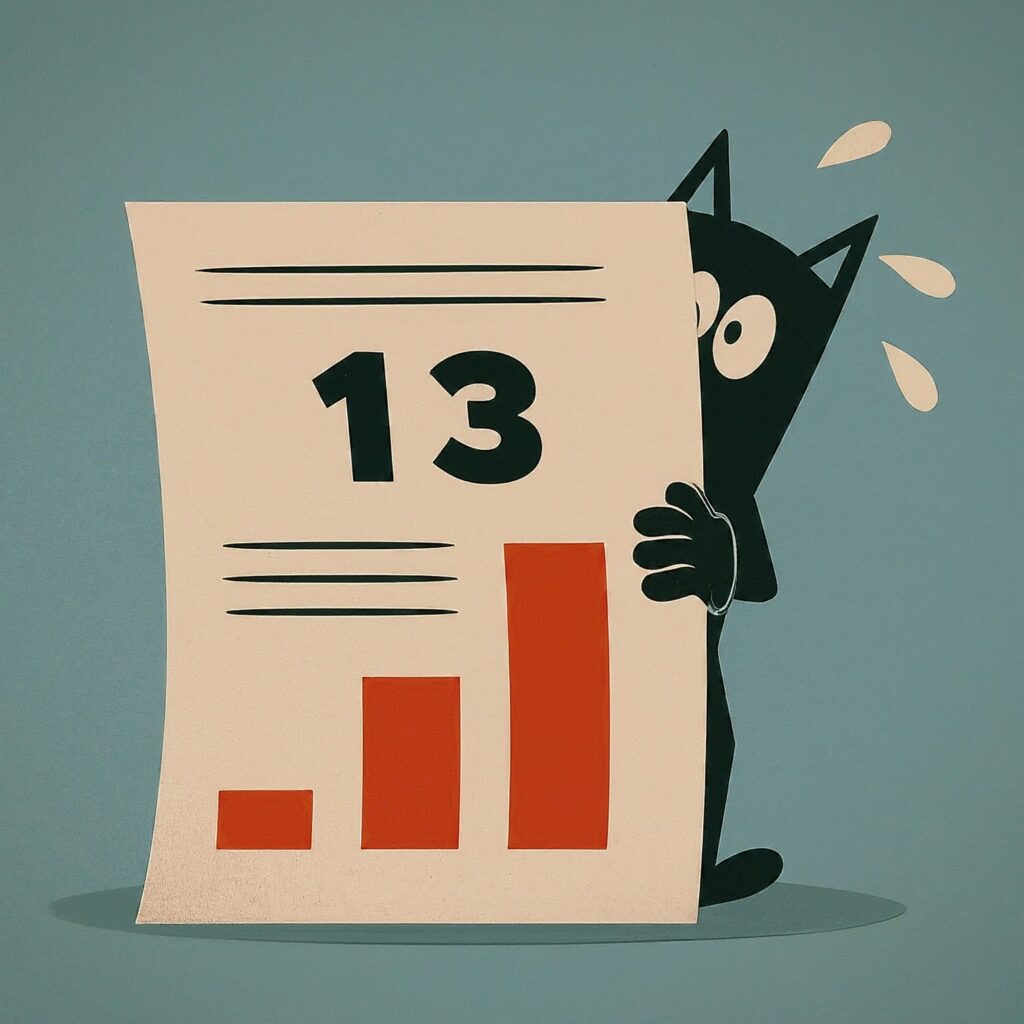
Mortgage Rates and the Economic Reports
Well, it’s been another busy week for economic news, and it’s had a significant impact on mortgage rates. Let’s break down the reports from September 2nd to September 6th:
- Nonfarm Payrolls: The August nonfarm payrolls report came in stronger than expected, showing a significant increase in job creation. This generally leads to higher interest rates as the Federal Reserve may feel the need to raise rates to combat inflation.
- ISM Manufacturing Index: The ISM Manufacturing Index also showed stronger-than-expected growth, further indicating a robust economy. This can also lead to higher interest rates.
- ADP Employment Report: The ADP Employment Report, a precursor to the nonfarm payrolls report, was generally in line with expectations. While it didn’t provide any major surprises, it did reinforce the positive trend in job growth.
Overall, the economic reports from the past week have been largely positive for the economy but negative for mortgage rates. The strong job growth and manufacturing activity have increased expectations for future interest rate hikes, leading to higher mortgage rates.
Now, let’s look ahead to the week of September 9th to September 13th:
- Initial Jobless Claims: This report shows the number of people filing for unemployment benefits. If the number remains low, it suggests a strong labor market, which could continue to support higher interest rates.
- Personal Consumption Expenditure (PCE): PCE is a measure of inflation. If inflation continues to rise, the Federal Reserve may feel pressure to raise interest rates more aggressively.
- Core PCE: This is a measure of inflation that excludes food and energy prices. It is closely watched by the Federal Reserve. A higher-than-expected reading could also lead to higher interest rates.
So, the economic reports for the upcoming week could have a significant impact on mortgage rates. If the reports continue to show strong economic growth and rising inflation, we could see further increases in mortgage rates. However, if there are signs of a slowdown or easing inflation, we could see some relief for borrowers.
Fun Fact about Friday the 13th: September 13th falling on a Friday is considered unlucky in many cultures. The superstition is thought to have originated in ancient Rome, where the number 13 was associated with bad luck. While there’s no scientific basis for the belief, it’s a fun and often-discussed topic.